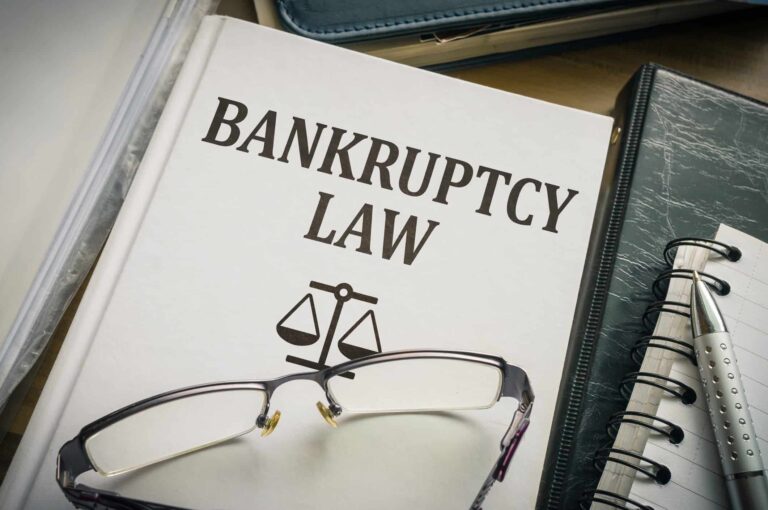Why Filing Bankruptcy Yourself May Not Be a Good Idea
 When it comes to filing bankruptcy, many people elect to represent themselves because they cannot afford the attorney fees or they have simple cases and don’t feel the need to pay for expert help. While it is definitely possible to file without the assistance of a chapter 7 bankruptcy lawyer, it is not always the smart move. Even if you have a relatively straightforward case, you may still be able to retain more property and discharge more debts with the expert help of a bankruptcy attorney. If you do plan to file yourself, be sure to research the most common problems so that you can make informed decisions and work to avoid the pitfalls of filing on your own.
When it comes to filing bankruptcy, many people elect to represent themselves because they cannot afford the attorney fees or they have simple cases and don’t feel the need to pay for expert help. While it is definitely possible to file without the assistance of a chapter 7 bankruptcy lawyer, it is not always the smart move. Even if you have a relatively straightforward case, you may still be able to retain more property and discharge more debts with the expert help of a bankruptcy attorney. If you do plan to file yourself, be sure to research the most common problems so that you can make informed decisions and work to avoid the pitfalls of filing on your own.
“Pro Se” is a legal term for “on your own.” According to a study conducted by the Central District of California, approximately 9% of people filing for bankruptcy nationwide choose to go it alone. In some districts, this number can reach as high as 28%. The study found that despite governmental and non-governmental efforts to provide referrals and programs for bankruptcy seekers, it just is not possible for everyone to have an attorney representing them in bankruptcy cases.
The Problems of Filing for Bankruptcy on Your Own
Although it is possible to do a good job filing for bankruptcy by yourself, it is likely that a small detail will fall through the cracks. The following issues are some of the most common problems for pro se bankruptcy litigants.
- The bankruptcy is unnecessary: Before filing, you should be sure that a bankruptcy is not only necessary, but will be effective in dispensing your debts. There are alternatives so make sure you know exactly what you are getting yourself into.
- Filing under the wrong Chapter: While Chapter 7 and Chapter 13 bankruptcies are generally the most logical choices for consumers, there are very important distinctions between the two. Not all consumers will qualify for either or both and each type of bankruptcy addresses different debts and dispensations. Chapter 13 is often the best option to keep your home out of foreclosure while Chapter 7 may be the safest bet if you have low income and minimal assets.
- Failing to file the required documents/filing the wrong documents: Many pro se bankruptcy litigants fail to file all of the necessary paperwork. Before you file, be sure to conduct thorough research to ensure you have all the required paperwork.






